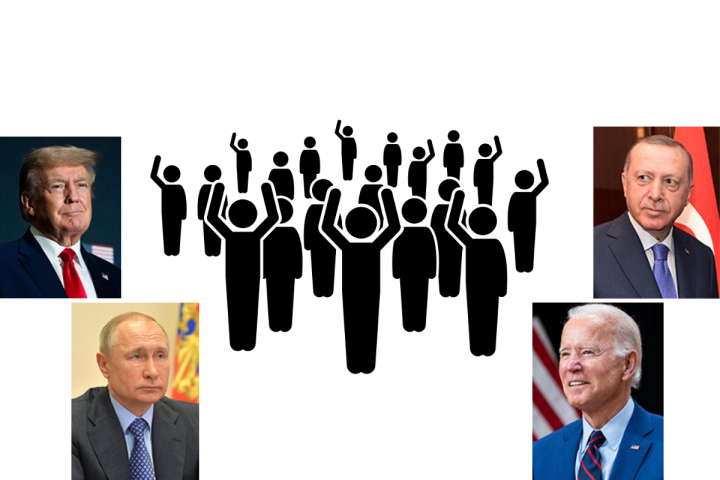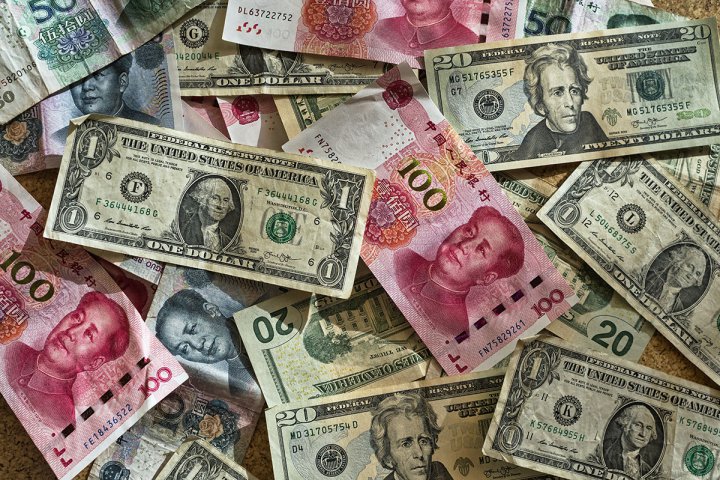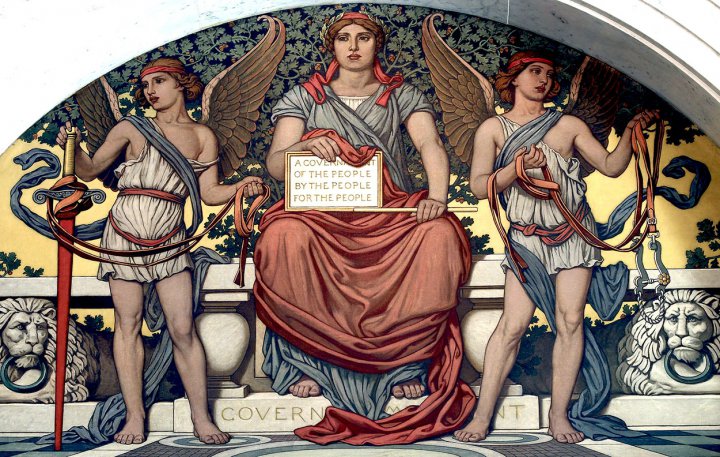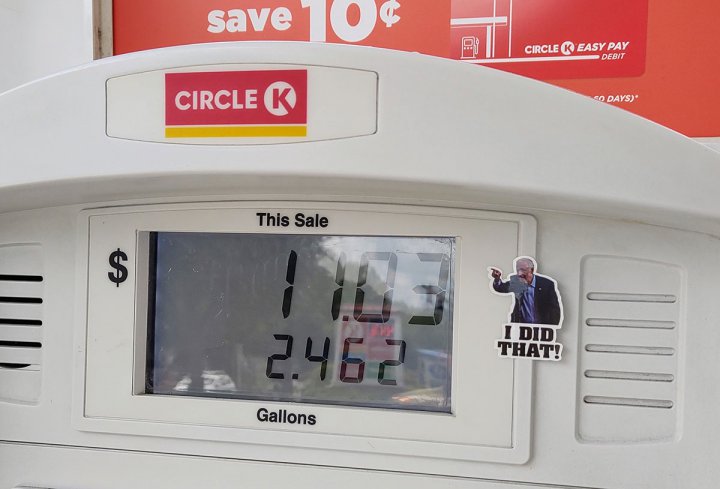Cryptocurrency Is an Inevitable Step in the Evolution/Degradation of Money (part 2, excerpt)
Inflation targeting policy is a tool of impoverishment of people.

Image from Pexels.com
Inflation targeting is a tool of central banks to stimulate the outstripping growth of demand for goods and services compared to supply. The basis of inflation targeting policy is a theory of famous early 20th century British economist John Maynard Keynes.
His ideas fundamentally changed the theory and practice of macroeconomics and the economic policies of governments. When "Time" magazine included Keynes among its "Most Important People of the Century in 1999", it stated that "his radical idea that governments should spend money they don't have may have saved capitalism". Actually, I think the opposite since incurring debts usually ends badly.
John Keynes advocated for increased government expenditures and lower taxes to stimulate demand, that's why Keynesian economics is considered a "demand-side" theory that focuses on changes in the economy over the short run. However, economists still argue over the usefulness of coordinated economic stimulus, with some claiming that in the long run, it can do more harm than short-term good.
Anyway, almost all capitalist governments have adopted Keynes's recommendations by 1970s and agreed that targeted inflation (a planned rise in the price level) is better than deflation (a decrease in the price level). In other words, that inflationary spiral (a situation when prices increase, so people are paid more and purchase more which causes the price of goods and services to increase again, and so on) is better than deflationary spiral (a situation when decrease in price level leads to lower production, lower wages and demand which leads to further decrease in the price level, and so on).
..........
……….
You have read an excerpt from the article. The complete series of articles "Cryptocurrency Is an Inevitable Step in the Evolution/Degradation of Money" will be available for purchase as a separate book on my website becomethyself.com in a while.
Comment
✚ Add comment







